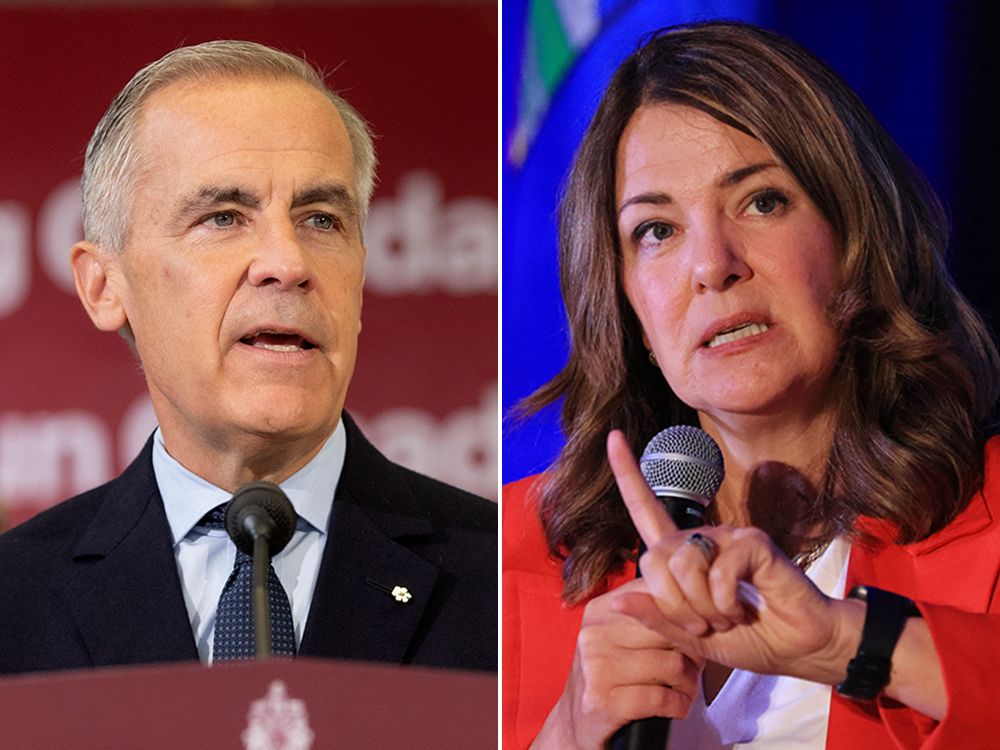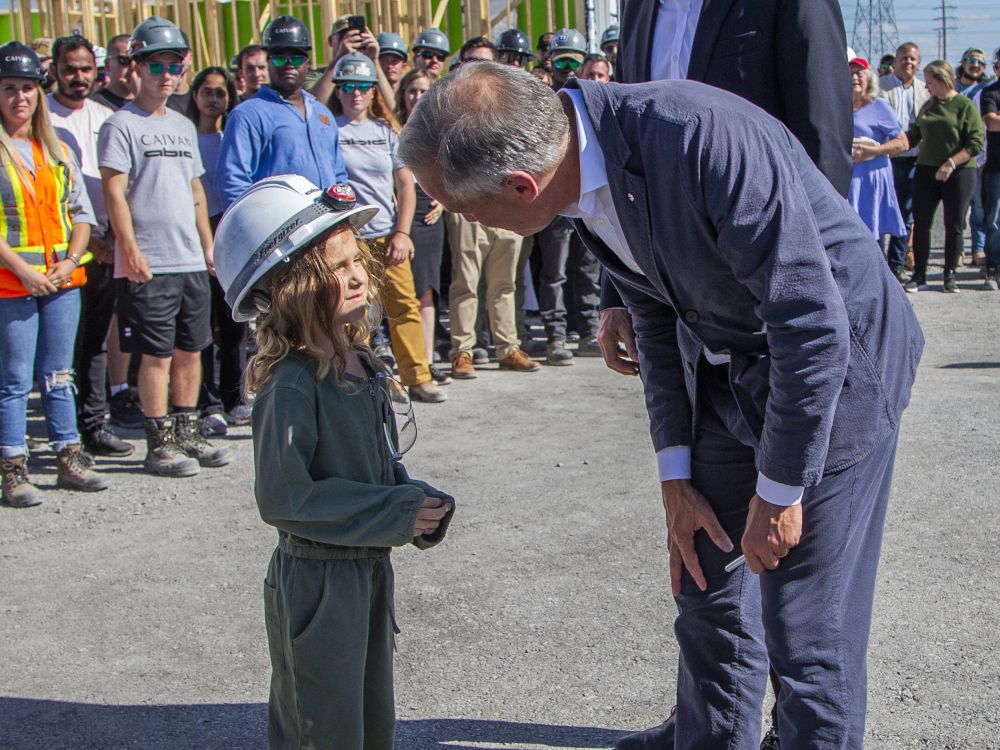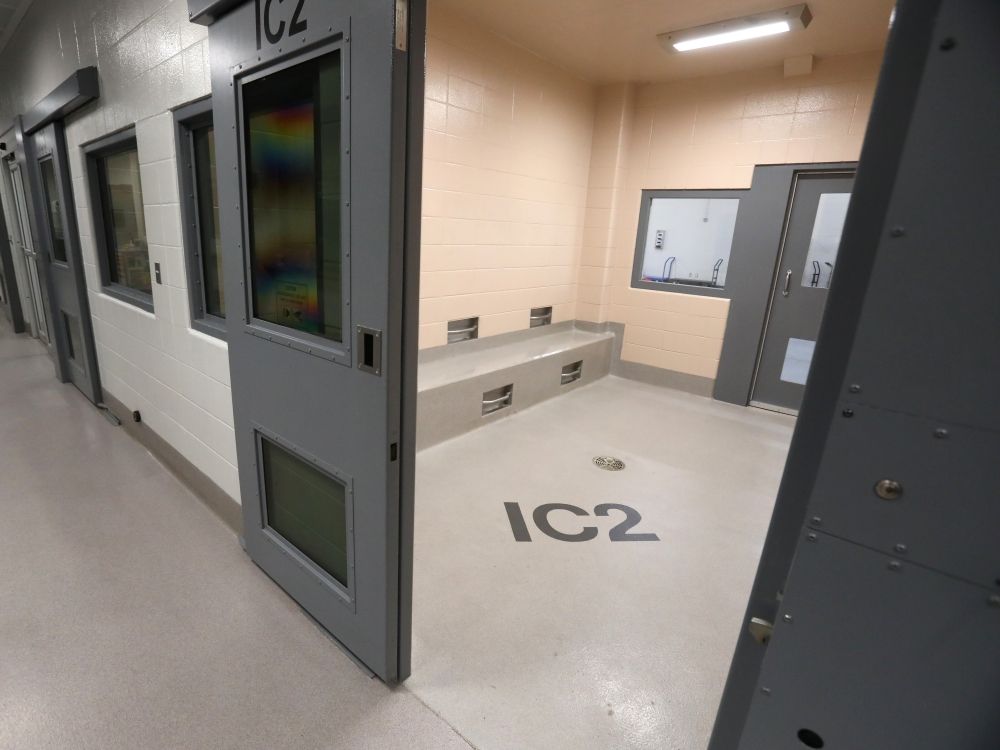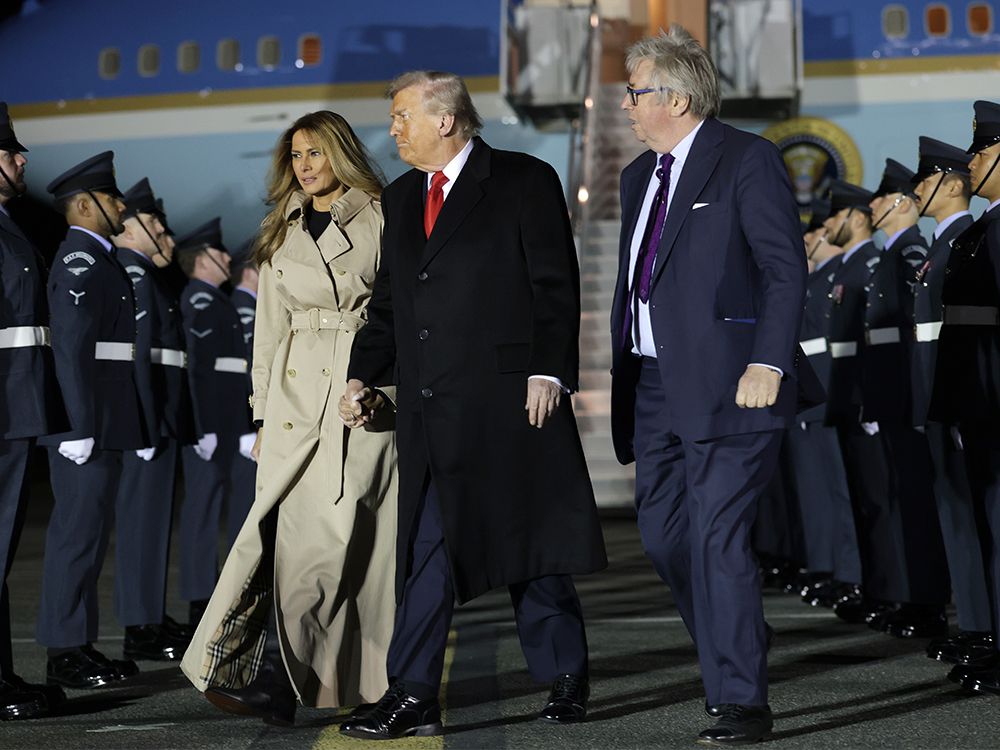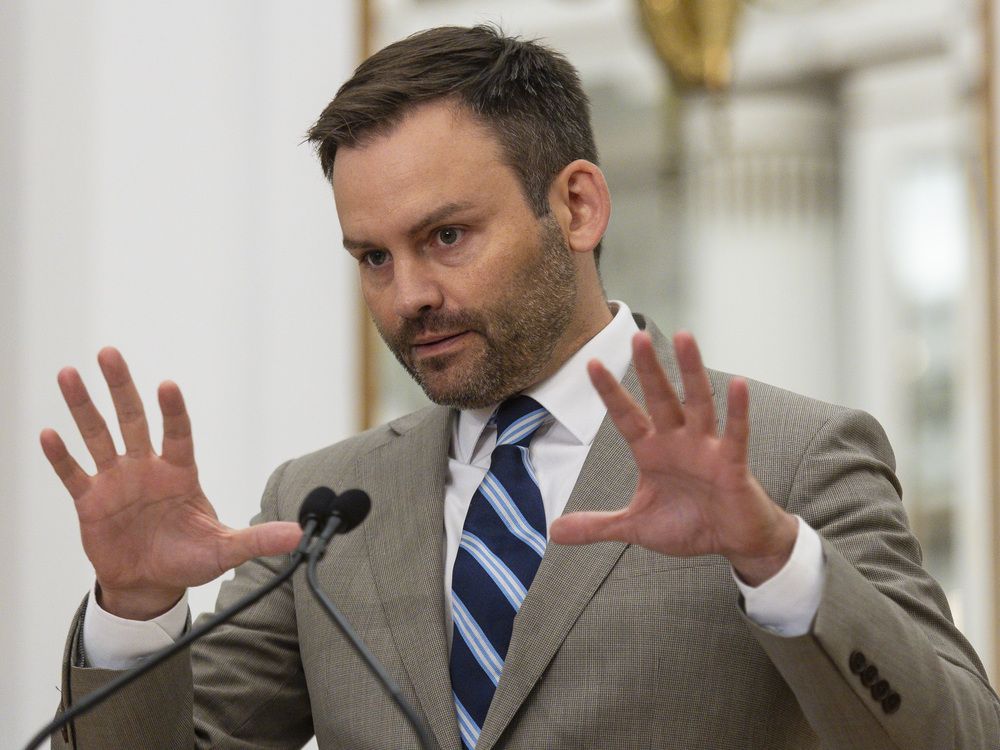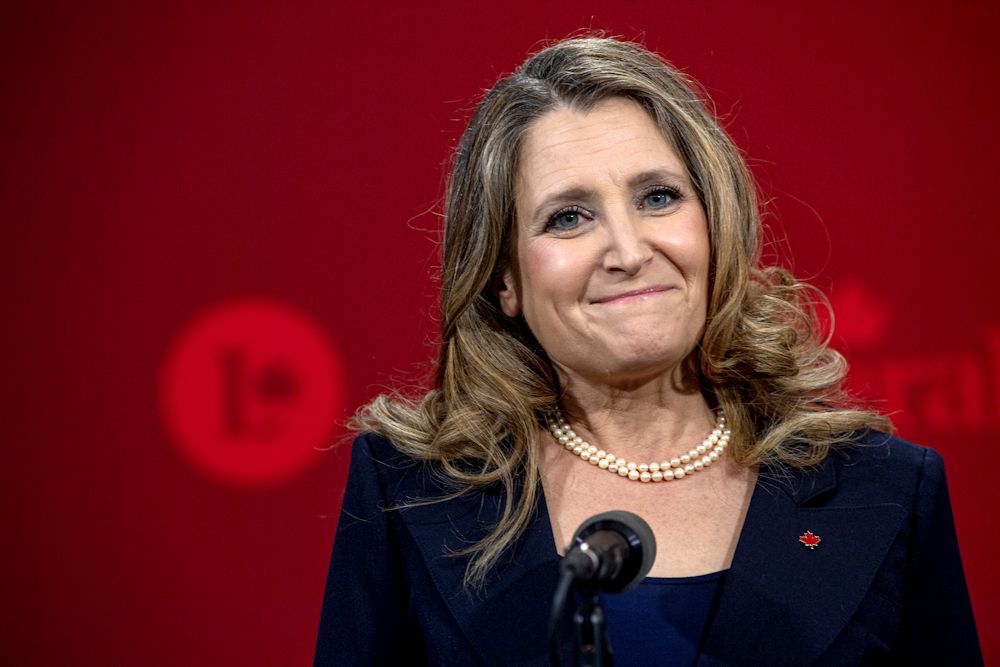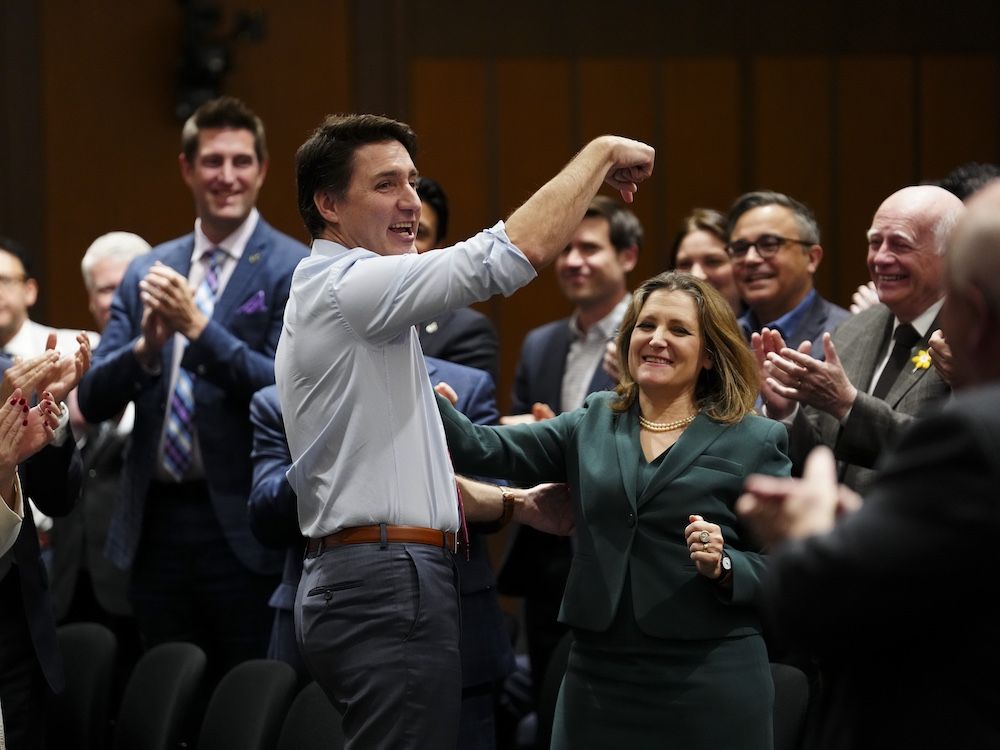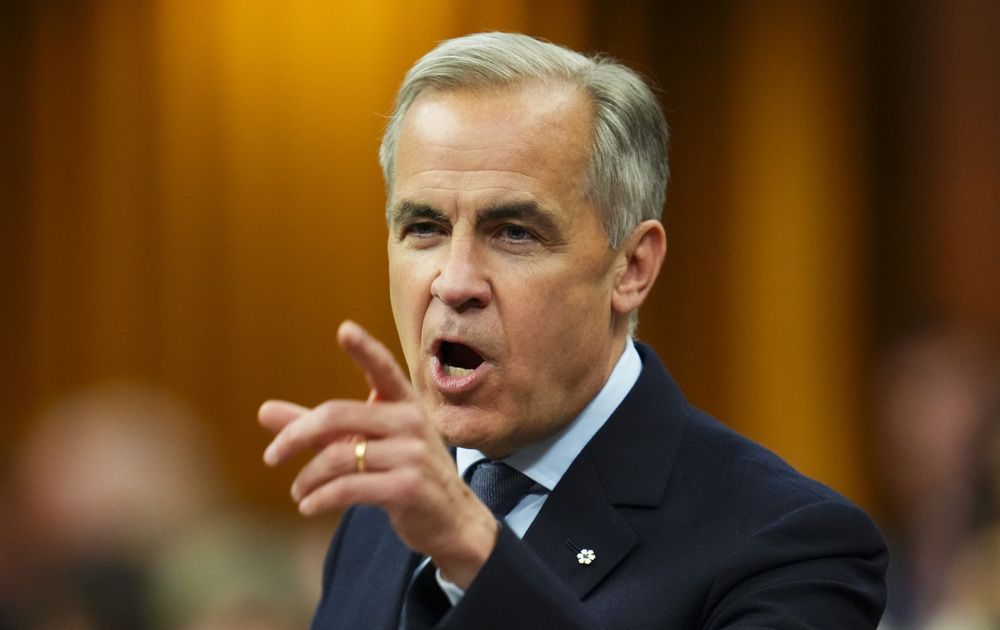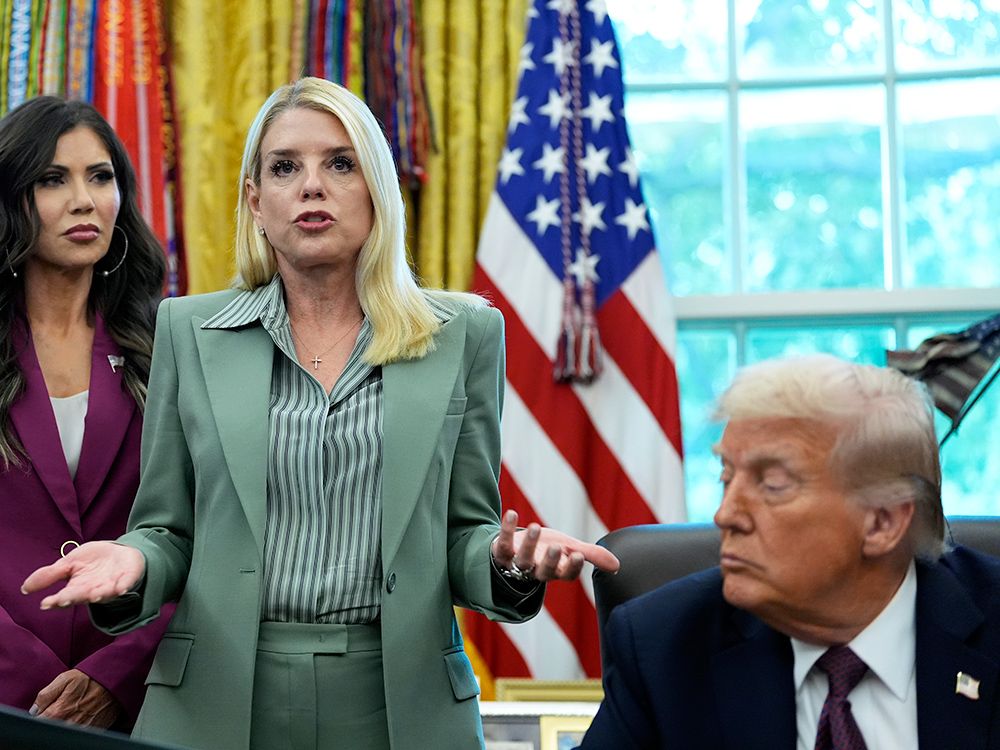
President Donald Trump and his gang have always appealed much more to the authoritarian wing of the American conservative coalition than to the libertarian wing. He talks as good a game on “freedom” as any other Republican — freedom of speech on university campuses
has been a major preoccupation
, for example —
but many doctrinaire libertarians can’t stand the sight of him
. His obvious affinity for “strong man” leaders like Vladimir Putin and the
most generous Qatari Emir Tamim bin Hamad Al Thani Al-Thani
understandably rankles.
Some days, though, it seems like Team Trump is inviting the libertarian wing to jump ship entirely. Monday was such a day. In
an extraordinary podcast interview
with conservative commentator Katie Miller, Trump’s attorney general, Pam Bondi, blamed Charlie Kirk’s assassination last week in Utah in part on a poisonous atmosphere on American college campuses. And she vowed some sort of crackdown.
“We’ve been fighting these universities left and right, and we’re not going to stop. There’s free speech, and then there’s hate speech,” said Bondi. “And there is no place, especially now, especially after what happened to Charlie, in our society.”
Inquired Miller, disturbingly: “Do you see more law enforcement going after these groups who are using hate speech, and putting cuffs on people so we show them that some action is better than no action?”
Replied Bondi, more disturbingly: “We will absolutely target you, go after you, if you are targeting anyone with hate speech, anything.”
This has not gone over well. Kirk of all people “would want a word” with Bondi about all this, the Wall Street Journal trenchantly observed
. “Progressives have spent years trying to create and define a category called ‘hate speech’” in the U.S., the editorialists noted — but so far in vain. There is no “hate speech” exception to the First Amendment, of which Kirk, love him or hate him, was a staunch and consistent supporter.
Asked the Journal: “Is a basic understanding of the First Amendment too much to expect from the nation’s attorney general?” Indeed, it’s not much less sacred to American conservatives than the Second.
Bondi is now frantically attempting to row back to the boathouse, amending
her remarks to specify she would target speech that
“crosses the line into threats of violence.” But whatever the fallout ends up being, this kerfuffle could have interesting salutary effects in Canada. We are having our own free-speech and “hate-speech” debate, notably
with respect to the right to protest
(which is to say, in practice, the right to protest Jewish institutions, businesses and neighbourhoods) and the right not to be intimidated or obstructed, or otherwise to have one’s day ruined, by such protests.
That debate is a mess, punctuated by piffle like “hate speech isn’t free speech” and “there is no place for antisemitism in Canada” (which unfortunately is a bit like saying “there is no place for gravity”), as well as overly broad interpretations of deliberately narrow existing laws against fomenting hatred. And we get often-redundant legislative proposals like
the one Justice Minister Sean Fraser is currently teasing
. A forthcoming bill, expected this week, would guard religious institutions against “obstruction and intimidation.”
Never judge a bill before you can read it. But both of those things
. The problem is they are enforced, or more likely not, entirely at the whims of police forces over which the federal government has no control and that provincial and municipal governments seem loath to bring to bear.
What Bondi said was, in fact, extremely (and amusingly) Canadian. Not knowing who she was or that she was talking about Kirk’s murder, many Canadian progressives might have nodded along to those comments in agreement. Knowing who she is and what she was talking about, I wonder if the sheer anti-Trump contrariness among Canadian progressives might give them pause to reconsider their demands for some kind of “hate speech” crackdown.
This is Trump’s attorney general, after all. Most Canadian progressives would rather gently comb and braid her hair than agree with her about anything.
I’m being churlish: Canadians are unlikely change their minds about free speech and hate speech just to spite Trump. Mind you, American liberals that Canadian progressives tend to appreciate have joined the backlash.
“Every time I listen to a lawyer-trained representative saying we should criminalize free speech in some way, I think to myself, that law school failed,” Supreme Court Justice Sonya Sotomayor (a president Barack Obama appointee)
told an audience at New York Law School on Tuesday
.
(For the record, Bondi attended Stetson University College of Law in Gulfport, Fla., which U.S. News and World Report
ranks 99th among American law schools
.)
The key point is that Canadians don’t need to “change their minds” on free speech so much as they need to accept that we already have the laws we need. The standard for actual criminal hate speech in this country is very high —
higher than many progressives think
. That’s by design; it has been tested and vouched safe by the courts. And it really has very little to do with people blocking streets, impeding day-to-day life and making fellow citizens’ lives miserable. Those are much more prosaic crimes than “hate speech,” but they’re far more likely to be enforced and prosecuted. Encouraging that is a far better use of everyone’s time than mucking around with a serviceable balance on free speech.
National Post





